Euro NCAP has deemed the new Land Rover Defender and Isuzu D-Max “too-aggressive” in the head-on collision safety test.
Both vehicles achieved a maximum five-star rating for occupant safety, but Euro NCAP penalised them for the threat they pose to partner vehicles in a collision.
Impact testing methods were overhauled for 2020, with the head-on collision now consisting of two moving elements: the test vehicle itself and a Mobile Progressive Deformable Barrier (MPDB).
This test not only looks at intrusion on the test vehicle, but also to the MPDB which represents the partner vehicle in a collision.
To avoid being penalised within the latest test protocols, large vehicles must now offer more protection – and better compatibility – to smaller vehicles during a collision.
The D-Max, which scored 11.2 out of 16 in the frontal impact test and 84% for overall adult occupant protection, caused some ‘localised areas of high deformation’ to the MPDB, while the Defender’s ‘high mass and front structure makes it an aggressive partner to a colliding vehicle’.
It scored 11.7 out of 16 and 85% for adult occupant protection.
“The new-for-2020 tests are really driving a requirement for increased performance and more aggressive cars like the Defender and D-Max are being identified and marked down as a result,” explained Matthew Avery, Thatcham Research’s director of research.
“The latest test results show some manufacturers are finding compatibility a challenge.”
The Honda e also lost points in the frontal impact test, this time for the risk of injury to its own occupants in a collision.
Protection of the driver’s chest was rated as ‘marginal’ as was the protection offered to the driver and passenger’s knees and femurs. Protection for the driver’s lower right leg was also ‘poor’.
With an adult occupant score of 76%, a child occupant score of 82%, a vulnerable road user score of 62% and a safety assist score of 65%, the Honda e was awarded a four-star Euro NCAP rating.
Two cars from the same VW Group family – the Seat Leon and the Audi A3 Sportback – went head-to-head in the latest Euro NCAP tests.
Although both cars emerged with a maximum five-star Euro NCAP rating, the Seat outperformed its MQB platform twin by a combined total of 20% across all test categories.
“The Seat is one of the best performers we’ve had all year,” said Avery. “Although it’s closely related to the Audi, you can say the Seat offers better value for money.”
The final car to gain a five-star rating in the latest tests was the Kia Sorrento which features new safety updates, including KIA’s first centre airbag and advanced e-Call system.
Hyundai’s i10 only earned a three-star Euro NCAP rating. In four test categories, it scored lowest for occupant protection.
The performance of its Autonomous Emergency Braking (AEB) system was disappointing. It could detect pedestrians – although its response was marginal – but it was unable to detect cyclists.

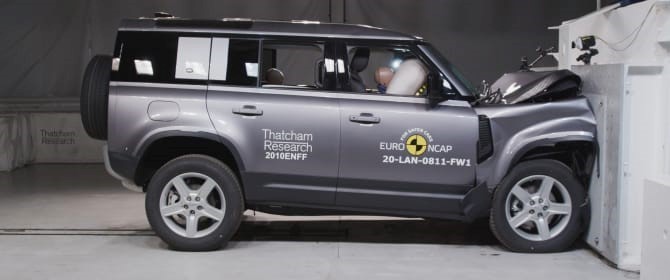

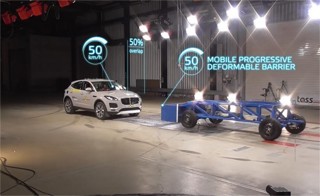
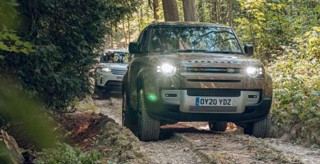
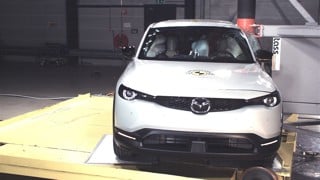
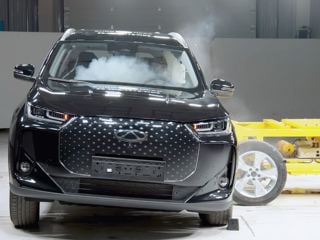
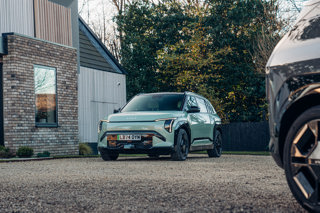










Login to comment
Comments
No comments have been made yet.